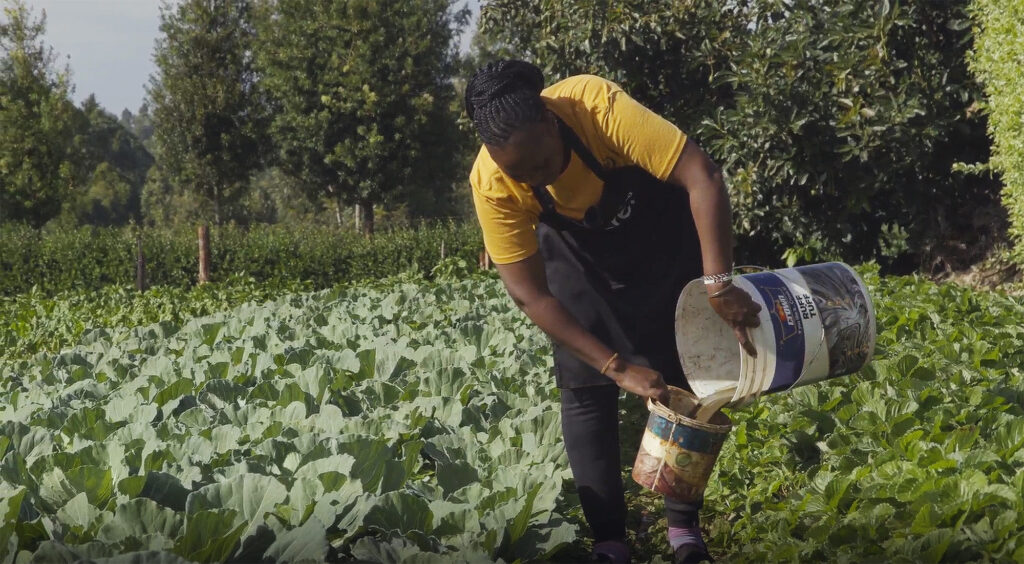
Connecting the Dots: Food Waste, SDGs, and Global Awareness
By defining the now-famous 17 Sustainable Development Goals (SDGs), The United Nations created globally-reaching strategies and plans that help tackle our world’s most pressing problems. Recognizing the many challenges that face our planet, the UN and its affiliates have long understood that one of the most important steps for sustainable goal achievement is awareness.
Annual dates that convene around specific topics are central tools for raising awareness for global issues. September 29th was chosen as a global day of awareness for a big problem that continues to get bigger: food waste & food loss.
Food waste & food loss is recognized by the UN as a serious challenge that must be addressed (see SDG 12). Similar to many other global problems, food waste and food loss deepen other problems – from global poverty and hunger levels to energy loss and climate change.
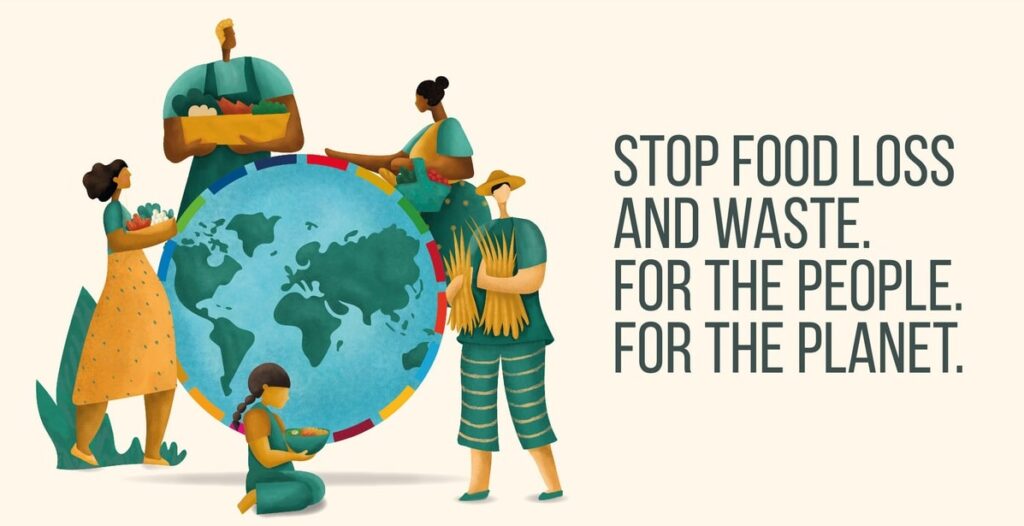
What is exactly is food waste?
Food waste is the food the goes to waste during the retail and consumer stage. Supermarkets throw away massive amounts of food that goes bad. In addition, many people buy more food than they actually eat, throwing significant portions away. Food loss, on the other hand, is a term used to describe all the food that is thrown away from the initial harvesting and farming stages, until it reaches retail stores. While food loss and food waste are slightly different, they both describe the same problem: food that does not feed people or animals, ending up in the garbage instead.
The food loss and food waste statistics are quite shocking. According to the United Nations, in 2022 approx. 14% of the food produced in the world was lost. In addition, the UN calculated that roughly 17% of all food production – in homes, restaurants and retail services – went to waste.
The implications of these statistics are devastating. Food loss and food waste contribute directly to world poverty and world hunger levels, which have been on the rise over the past decade. Additionally, food loss and waste means that all the resources used to farm and prepare the food – energy, water, etc. – went to waste as well. This places a greater burden on our environment. Additionally, food waste emits GHG gasses that promote climate change.
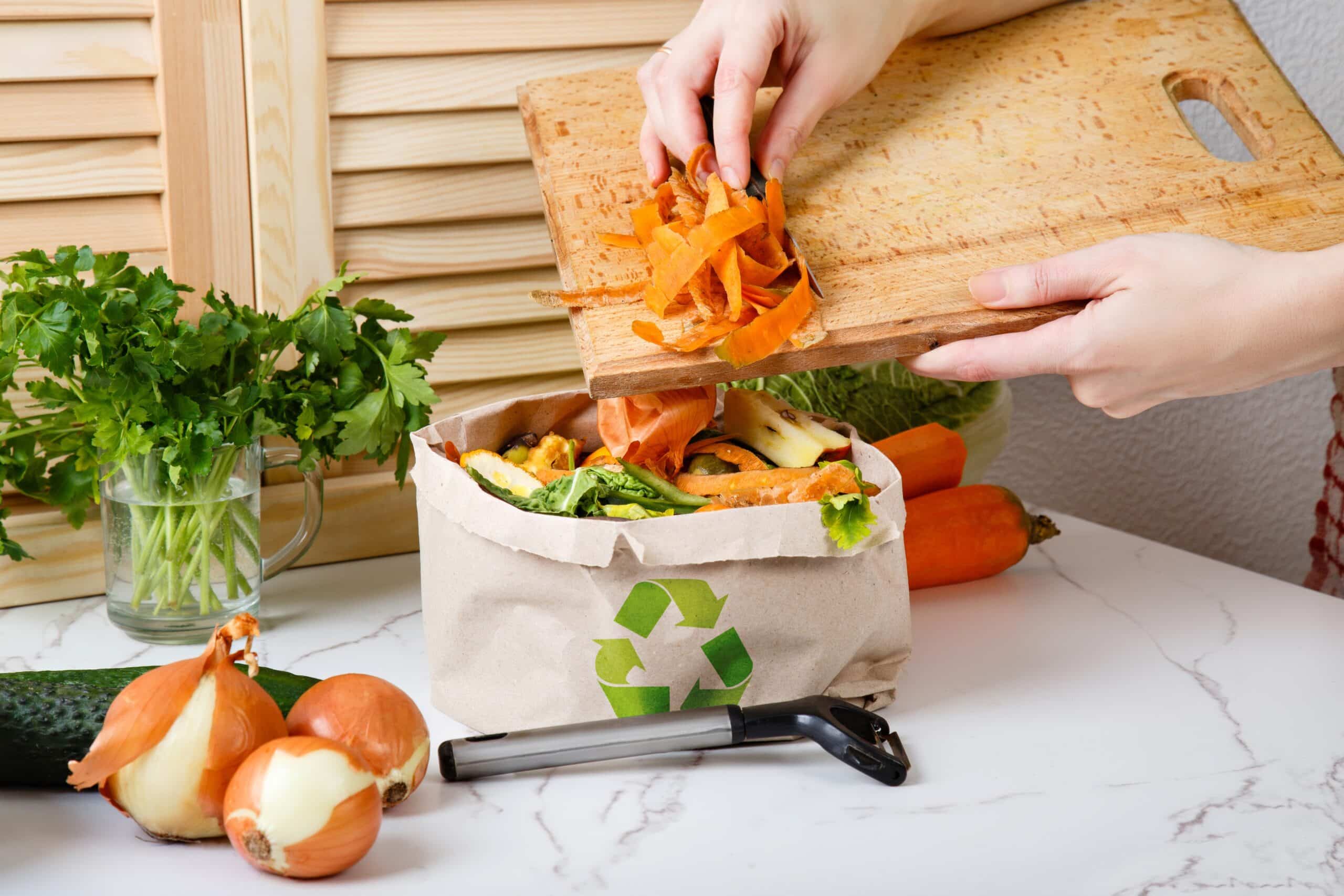
Combatting food waste on a global level
HomeBiogas is at the forefront of the global fight against food waste. Our waste management systems are designed to help families, farms and businesses reduce the amounts of organic waste they throw away.
By installing our system, people all over the world are able to transform all of their food scraps into clean energy – instead of throwing them in the garbage and letting them rot. Our system can digest fruit and vegetable peels, food that has expired and is no longer edible, leftovers no one wants to eat anymore, meat that has gone bad, and so much more. By replacing human digestion with HomeBiogas digestion, we are able to supply ample amounts of energy that can be used for clean cooking and organic fertilization. The alternative is throwing food away, which usually means it ends up in landfills, where it emits methane gas that contributes to climate change.
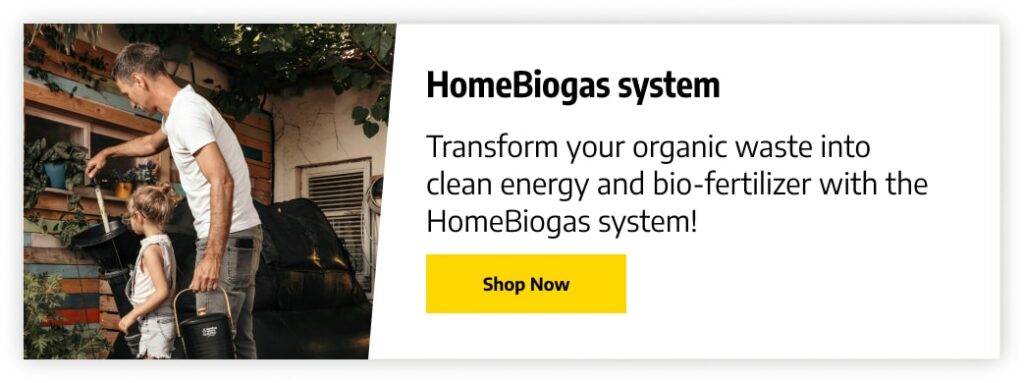
Our systems’ educational value is just as important. Installed in ecological farms all over the world, our systems are used by children and adults who participate in environmental workshops and learn about sustainable impact. All it takes is for one child to throw food scraps inside the HomeBiogas digester, and witness how it turns to energy. It’s a lesson that will never be forgotten.
What can we do to fight food waste?
International Day of Awareness of Food Loss and Waste means a lot to us. Our systems promote conscious food-person relationships that are based on circular economy practices. HomeBiogas owners know that the food that they don’t consume will not go to waste; on the contrary, it will continue to serve them in other ways – especially as clean biogas that is used for cooking tomorrow’s meals.
That said, we realize that not everyone has a HomeBiogas system at home. So, we’ve assembled a short list with everyday things that each of us can do in order to reduce food waste.
- Think about the food you buy: Make conscious decisions. Examine the amounts of food waste you and your family generate. Buy less if necessary.
- Do what it takes to prolong food life: Store food appropriately, and use the older products first.
- Family meals: Focus more on quality than quantity. Yes, vast amounts of food may look impressive on the dinner table, but throwing half of it away isn’t that great.
- Look into food donations: If you have food you know you are not going to consume, then explore the possibility of making food donations to local charities.
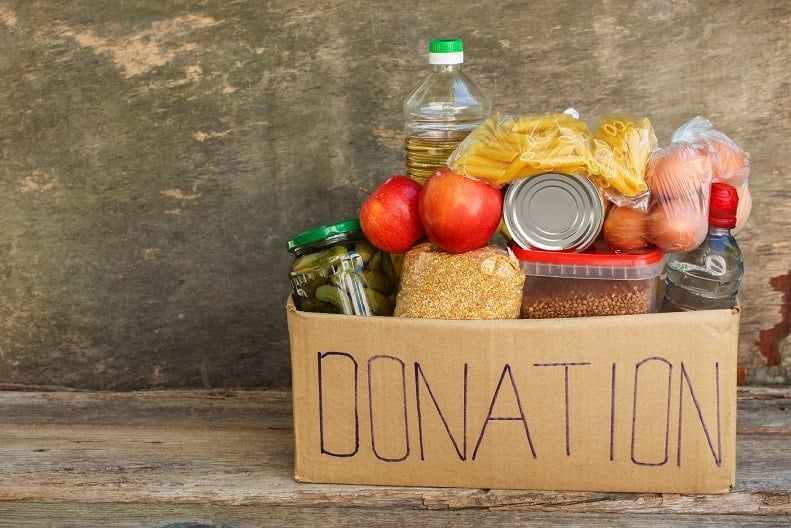
- Educate: Spread the word about the food waste problem. Educate others. Awareness is the first and most crucial step towards a better world.
Want to know more about food waste and our innovative waste management systems? Get in touch today!





